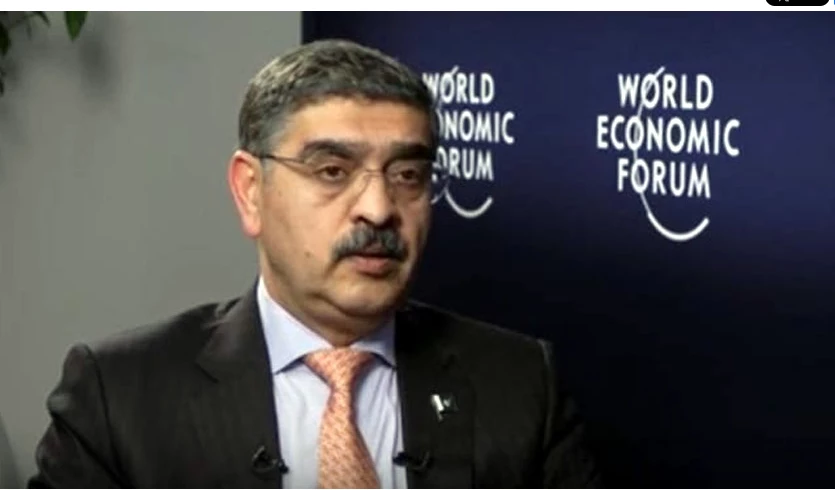Do criticize, but let the courts decide matters in question: PM Kakar

Stay tuned with 24 News HD Android App

Caretaker Prime Minister Anwaar-ul-Haq Kakar has maintained that criticizing is everyone’s right but it’s the courts which have to make the ultimate decisions, reported 24NewsHD TV channel on Wednesday.
In an exclusive interview with CNBC in Davos, PM Kakar reiterated that the general elections will take place in Pakistan on the 8th of the next month, stressing that the caretaker government conducts elections, which is a constitutional responsibility.
The prime minister also highlighted the significance of providing the people of Pakistan with the opportunity to exercise their right to vote in the upcoming elections. "The elected representatives of the people will rule for the next five years," stated Kakar.
Reacting to the criticism, Kakar averred that while criticism is valid, it is essential to let the courts decide on matters in question.
Addressing skepticism about the likelihood of elections, he said it’s evolution of the democratic process and expressed confidence in the independence of the media in Pakistan, stating that it surpasses that of the West, saying that latter was under “stricter regulations”.
Asked whether the media was free and fair in Pakistan, Kakar said, “I think so even freer than the Western media. If you do the comparison, the Western media is probably under more stricter regulations than the media in Pakistan.”
Asked about concerns regarding the upcoming elections being “rigged”, the premier said critics should first let the polls take place after which the conduct could be questioned. “First they said, we are not going to have elections. Now, when we are having an election, they are saying, oh, it is one of the most rigged elections in the history,” he said.
Kakar said that there would be international observers as well as foreign and domestic media reporting on the polls. “Let them then report and decide, whether it was rigged or not that rigged,” he said.
He also touched upon the fulfillment of conditions set by the International Monetary Fund (IMF), with the recent approval of the second tranche on January 11. Kakar outlined the top priorities of the caretaker government, emphasizing the revival of the economy and the need for increased attention to regeneration.
Reflecting on challenges faced by Pakistan, especially after the withdrawal of US and NATO forces from Afghanistan, Kakar acknowledged the difficulties and labelled non-state elements as a challenge to both the state and the region. He concluded by stressing the necessity for Pakistan to achieve economic and political stability amid these challenges.
Kakar said they will also publish a white paper on the four to five month's performance of the caretaker government.
He said his government did introduce a revamped programme within the taxation system. He said they went for an aggressive privatization spree and cut expenditures at the federal level. He said they were also engaging with the provinces so that they can also rationalize their spending.
Responding to a question, PM Kakar emphasized the need for a regional approach to deal with the challenge of terrorism. “We need to enhance the capacity of counter terrorism,” he added.
Kakar said Pakistan is a mid-sized power and its actual potential and role needs to be appreciated.
When asked about relations with China, Kakar said Pakistan enjoys strategically close relations with Beijing. He said no matter what happens in the region or anywhere else nothing can affect Islamabad’s relationship with China.
